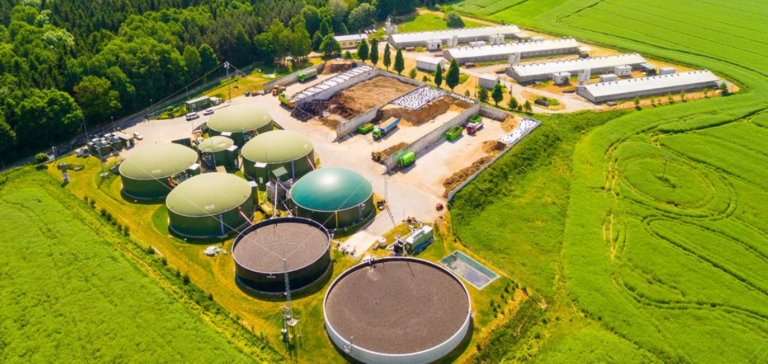The launch of the 75.0MW Morinomiyako biomass power plant marks a significant milestone in the energy landscape and urban renewal. Powered by wood pellets and palm kernel shells, the plant symbolizes resilience and innovation. A collaboration between RENOVA, United Purpose Management Inc, Sumitomo Forestry Co, Ltd, Mizuho Leasing Co, Ltd and RenoDa Partners G.K., the plant is part of a post-disaster redevelopment approach.
Collaboration and Technology for Resilience
In 2011, the Great East Japan Earthquake hit the region hard, destroying much of the housing and disrupting the lives of thousands of residents. In addition, the tragedy led to the reclassification of the area as a major industrial sector, adjacent to the port of Sendai, as part of Sendai’s Post-Earthquake Reconstruction Plan.
A Symbol of Renaissance and Hope
The biomass power plant is not just a technological breakthrough; it’s also a symbol of the local people’s desire to see their region rise from the ashes. The project team developed the project with local aspirations in mind, with a particular focus on economic revitalization. A museum, the
“Gamo Nakano Nostalgia Museum
will be integrated into the plant to commemorate the region’s pre-disaster history.
However, this initiative is not limited to the production of renewable energy; it also embodies an approach of harmonious coexistence with the local community and a commitment to safety. It is part of a wider context of transition to a low-carbon society, with the active participation of local residents and other stakeholders.
The Morinomiyako biomass power plant, beyond its primary function of producing renewable energy, symbolizes a community’s resilience in the face of adversity and its aspiration for a sustainable future. Indeed, it embodies a model of post-disaster reconstruction that integrates renewable energies and local economic development, offering an inspiring vision for other regions facing similar challenges.






















